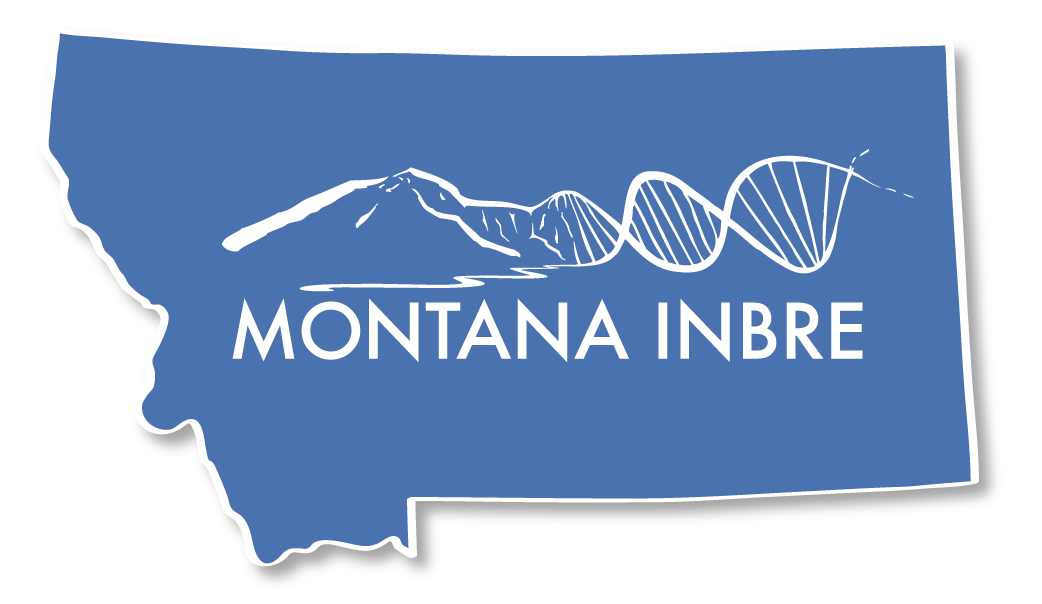The Effects of Circadian Rhythm Disruption on the Inflammatory Response to Particulate Matter Exposure From Wood Smoke
John Quindry | The University of Montana
John.Quindry@mso.umt.edu
Funding Provided by RAIN
This project is funded through a multi-state INBRE collaboration called the Regional Alliance of INBRE Networks, or "RAIN" for short. You can learn more about RAIN at https://rainresearch.org/
Project Summary
Particulate matter (PM) exposure during smoke inhalation provokes inflammatory immune responses in people exposed to burning biomass including fire fighters and civilians residing in wildfire prone environments. Persistent occupational exposure to PM’s represents a unique hazard for firefighters, underpinning a burgeoning research area. The Quindry Lab has established a tightly controlled and physiologically relevant wood smoke exposure protocol (with particulate matter filtered to 2.5 μm; PM2.5), eliciting biochemical and inflammatory changes in the blood and exhaled breath condensate (EBC). The body’s tolerance to inflammation changes over the 24-hour day, revealing potential time-of-day dependent windows of vulnerability (McGinnis Lab focus). Furthermore, circadian rhythm disruption and sleep deprivation, common to emergency responsive shift workers (e.g., structural, wildland fire fighters), limits endogenous defenses to inflammatory insults. Thus, time-of-day and circadian rhythm disruption could play a mechanistic role in the pathological sequelae imparted upon fire fighters exposed to PM. The McGinnis Lab has recently explored the circadian rhythm as biological mediators of physiologic and clinical outcomes.
Project Aims
This project will test the overarching hypothesis that the circadian rhythm gates inflammatory responses to PM2.5 in the following specific aims:
- Test the inflammatory response in blood and EBC following time-of-day dependent exposure
to wood
smoke-associated PM2.5 in the morning vs evening. - Test the effects of acute circadian rhythm disruption on PM2.5 inhalation-induced inflammation.
- Evaluate the behavioral circadian rhythm and sleep quality in wildland firefighters during the active season, and the cumulative effect on inflammatory biomarkers.

